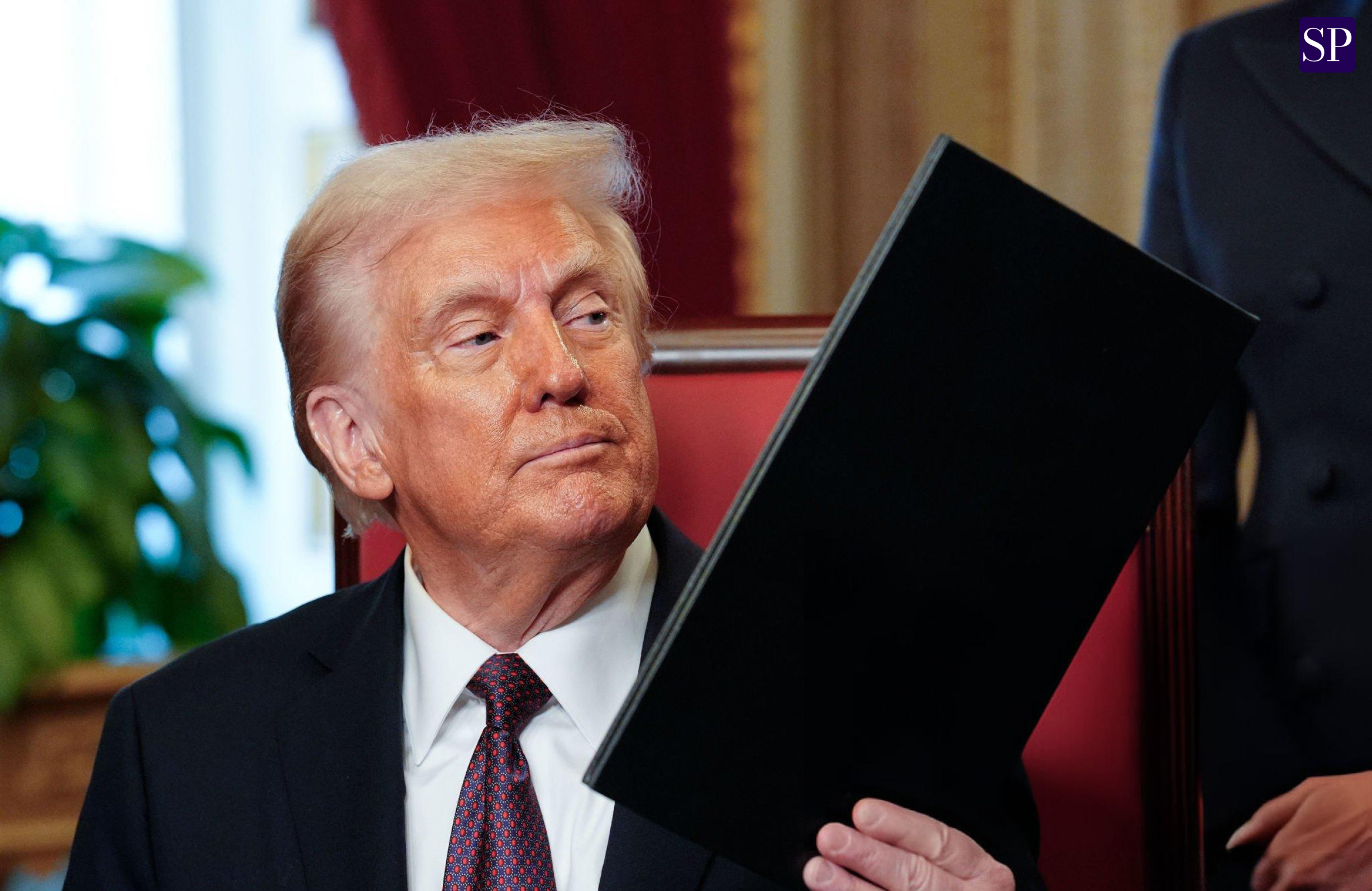Amid escalating tensions between Denmark and the United States, particularly concerning President Donald Trump’s controversial proposal to take control of Greenland, Danish Prime Minister Mette Frederiksen has called for European solidarity. As the US president continues to provoke international outrage with his threats, Frederiksen embarked on a diplomatic tour of Germany, France, and Brussels to rally support for Denmark, emphasizing the need for a united Europe to face the evolving geopolitical landscape.
The Trump Greenland Saga: A Battle for Sovereignty
In recent weeks, President Trump has made headlines with his bold and unsettling remarks about Greenland, an autonomous territory of Denmark. During a phone call with Frederiksen, which she later described as “horrendous,” Trump reportedly suggested military action to take the Arctic island, raising alarms not only in Denmark but across Europe. The US president has refused to back down, even threatening Denmark with tariffs should it continue to reject his overtures. His remarks have ignited a diplomatic firestorm, with European leaders, including Frederiksen, now calling for a robust response from the continent.
Mette Frederiksen’s European Tour: A Show of Unity
Frederiksen, who embarked on a whistle-stop tour through Germany, France, and Brussels, met with key European leaders, including German Chancellor Olaf Scholz and French President Emmanuel Macron, to discuss the growing tensions with the US. The primary message she conveyed during her tour was that Europe must stand together in the face of what she described as increasingly aggressive rhetoric from Washington. In her talks with Scholz, she emphasized that the continent must be united in defending its sovereignty and reinforcing the inviolability of borders, a sentiment echoed by Macron. At a press conference with Scholz, the German Chancellor affirmed that borders should never be altered by force, subtly addressing Trump’s threats without directly naming him. For Frederiksen, the message was clear: Europe’s unity is essential in countering challenges from external forces, particularly as transatlantic relations with the US appear to be shifting in unpredictable directions.
A Changing Relationship with the United States
As Frederiksen highlighted, the rhetoric coming from Washington indicates a significant shift in how the US approaches international relations. “What we hear from Washington now, particularly in relation to trade and economic cooperation, suggests that the dynamic is changing,” she stated. The Danish Prime Minister is acutely aware of the implications this change could have on Europe’s relationship with the US, especially given Trump’s unpredictable foreign policy stance.
Despite the growing tensions with the US, Frederiksen is focused on protecting Denmark’s interests while strengthening Europe’s ability to stand independently in global affairs. In her discussions, she made it clear that Europe must take more responsibility for its security and defense, particularly in the wake of Russia’s invasion of Ukraine and the potential threat posed by a more isolationist US.
In response to Trump’s threats, Denmark has announced a series of initiatives aimed at reinforcing its defense capabilities, particularly in Greenland. The Danish government revealed a 14.6 billion kroner agreement aimed at strengthening surveillance and asserting sovereignty in the Arctic. Among the measures included in the plan are the acquisition of three new Arctic ships capable of carrying helicopters and drones, as well as long-range drones for detailed surveillance of the region. The government has also promised to enhance satellite capabilities to better monitor the Arctic and the northern Atlantic, ensuring that Greenland’s defense needs are met in the face of external threats.
Frederiksen’s government has also sought to address the rising tension within Greenland by introducing a new initiative to tackle racism against Greenlandic people in Denmark. With an additional 35 million DKK allocated over four years, the Danish government aims to improve the lives and welfare of Greenlandic citizens, ensuring that their rights are protected and respected in the ongoing geopolitical discussion.
The International Response: EU’s Role and Support for Denmark
Throughout the growing crisis, many EU leaders have refrained from publicly commenting on Trump’s provocative statements, opting instead to show solidarity with Denmark through diplomatic channels. A senior EU official commented that the European Union’s approach has been to avoid escalating the situation, choosing instead to allow Denmark to represent itself while offering full support behind the scenes. This diplomatic approach reflects a broader strategy within the EU to avoid confrontation with the US while still standing firm in defense of Denmark’s sovereignty. As tensions rise, the EU’s diplomatic cohesion will be crucial in determining how Europe responds to future threats from the US and other global powers.
A Unified European Front: The Path Forward
In light of recent events, it is clear that Europe faces a more uncertain geopolitical reality. As Frederiksen pointed out, the continent must act decisively to defend its interests and ensure that its sovereignty is not compromised by external forces. With the growing influence of countries like Russia and the shifting stance of the United States under President Trump, the need for greater European unity has never been more pressing.
Frederiksen’s call for a stronger Europe echoes the sentiments of many European leaders who believe that the continent must take more responsibility for its security and defense. The EU’s upcoming summit on defense, which will address funding and military capabilities, will be a critical step in shaping the future of Europe’s security posture.
The Importance of Solidarity in Uncertain Times
As Denmark continues to face diplomatic challenges with the United States, the European Union must rise to the occasion, presenting a united front in defense of the sovereignty of its member states. The tensions surrounding Greenland underscore the broader issues of territorial integrity and international law, and Europe’s response will shape the future of its relations with the US and other global powers. Now, more than ever, the call for European solidarity is imperative, as the continent must defend its interests and security in an increasingly unpredictable world.
